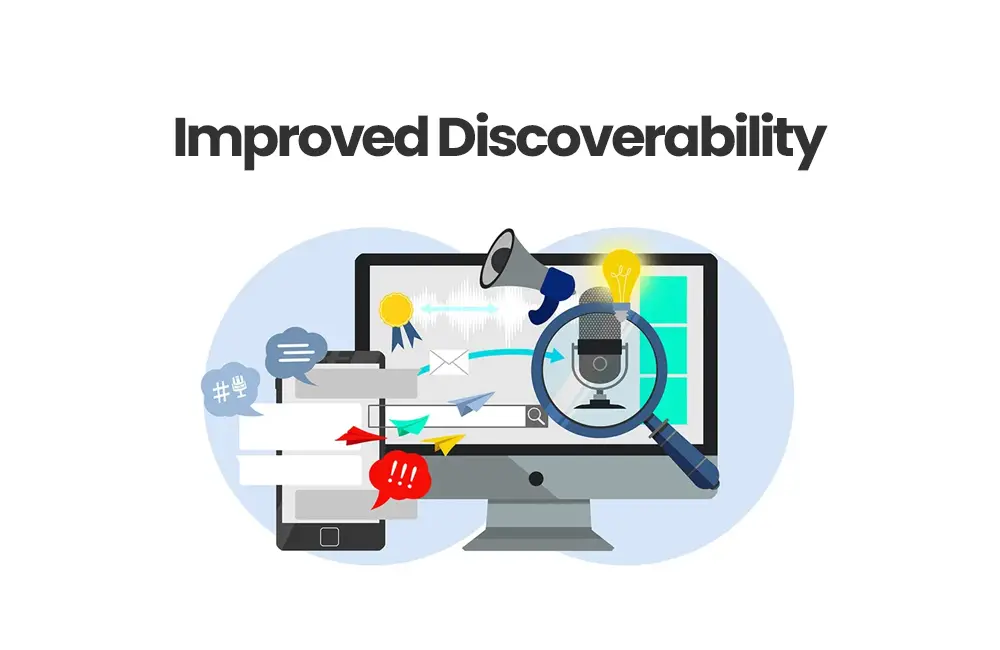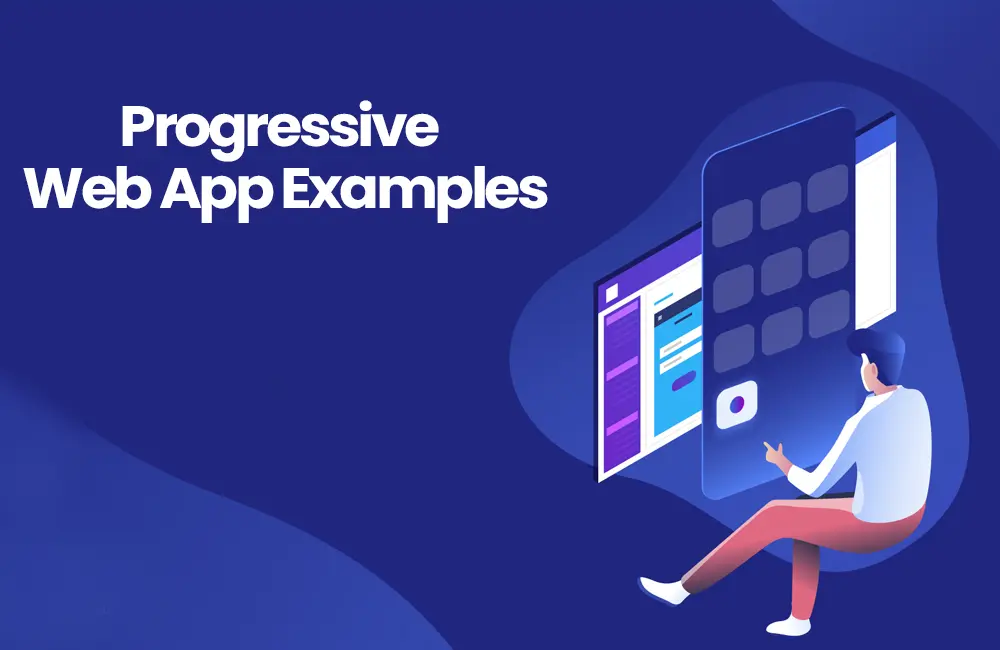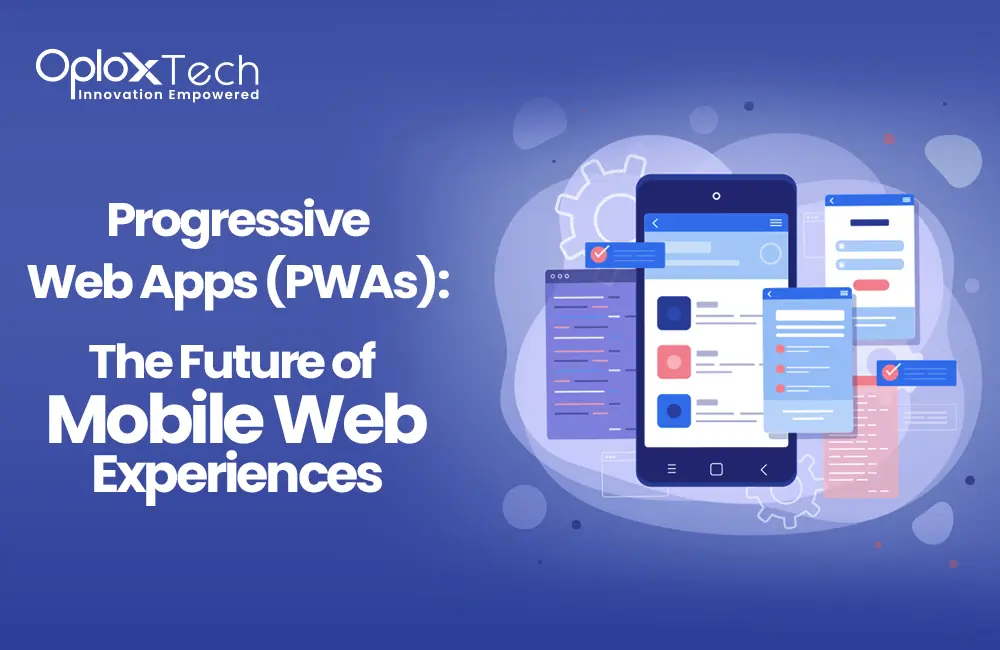Progressive Web Apps (PWAs) have emerged as game-changer in the world of mobile web experiences. These innovative web applications combine the best features of native apps and the web, delivering seamless, engaging, and user-friendly experiences directly through web browsers.
As businesses and developers embrace the potential of PWAs, it’s crucial to understand their impact and the benefits they offer. In this article, we will explore the concept of PWAs, and discuss their development process. Highlight notable examples, and shed light on the future of these progressive web applications.
Progressive Web App Development
To create powerful PWAs, partnering with a progressive web app development company is key. These specialized firms possess the expertise and knowledge required to build exceptional PWAs that meet business requirements. By leveraging cutting-edge technologies such as Service Workers, HTTPS, and Web App Manifests.
These companies ensure seamless functionality, responsive designs, and app-like experiences. The collaboration with a professional progressive web app development company paves the way for a successful implementation of PWAs, unlocking their vast potential.
Benefits of Progressive Web Applications
Progressive Web Applications (PWAs) offer a wide range of benefits for businesses and users alike. Here are some key benefits of Progressive Web Applications.
Enhanced User Experience

One of the primary benefits of Progressive Web Apps (PWAs) is their ability to provide an enhanced user experience. PWAs are designed to be fast, responsive, and intuitive, resulting in a seamless and enjoyable interaction for users.
First and foremost, PWAs offer fast loading times, ensuring that users can access the app and its content quickly. This is without the frustrating delays often associated with traditional web applications. Achieved through various techniques such as efficient caching of assets, enabling the app to load instantly. The improved performance translates to a positive user impression, reducing bounce rates and increasing user engagement.
Smooth navigation is another key aspect of a great user experience. PWAs leverage modern web technologies to provide seamless transitions between pages, enabling users to navigate the app with ease. This creates a sense of fluidity and responsiveness, like what users would expect from a native mobile app. By eliminating page reloads and delivering a more app-like experience, PWAs keep users engaged and immersed in the content.
Offline functionality is a standout feature of PWAs, enabling users to access the app and its core features even in offline or low-connectivity scenarios. PWAs leverage Service Workers, a powerful technology that allows the app to cache and store essential assets and data on the user’s device. This means that even when users are in areas with limited or no internet access, they can still interact with the app, view previously loaded content, and perform certain actions. Whether it’s reading articles, browsing products, or filling out forms, PWAs ensure uninterrupted access, keeping users engaged and satisfied.
Furthermore, PWAs are designed to be responsive across different devices and screen sizes. With the growing variety of mobile devices available, it’s crucial for apps to adapt seamlessly to different screen resolutions.
Improved Discoverability

Progressive Web Apps (PWAs) offer significant benefits in terms of discoverability. Allowing businesses to reach a wider audience and increase their online visibility.
Unlike native apps that require users to visit an app store and go through the installation process, PWAs can be accessed directly through web browsers. This eliminates the friction of downloading and installing apps, making it easier for users to discover and access PWAs. Users can simply navigate to a PWA by clicking on a link, conducting a web search, or accessing it through social media platforms. This seamless access to PWAs increases the chances of users discovering and engaging with them.
Moreover, PWAs benefit from search engine optimization (SEO) techniques, just like traditional websites. Since PWAs are essentially websites, they can be indexed by search engines, which means they can appear in search results when users search for relevant keywords or topics. This enhances the discoverability of PWAs and enables businesses to attract organic traffic to their apps. By optimizing the content, metadata, and structure of the PWA, businesses can improve their search engine rankings and increase the visibility of their app in search results.
Additionally, PWAs can be easily shared and accessed via URL links. Users can share a specific page or feature of a PWA with others by simply sharing the URL, similar to sharing a website link. This ability to share PWAs effortlessly through various channels, such as messaging apps, social media, or email, amplifies their reach and exposure, allowing more users to discover and engage with the app.
Cost-Effectiveness

Progressive Web Apps (PWAs) provide a cost-effective solution for businesses compared to developing separate native apps for different platforms.
Traditionally, businesses had to invest in the development of multiple native apps to target different platforms such as iOS, Android, and potentially other operating systems. Each platform requires a unique set of development tools, programming languages, and resources, resulting in higher development costs and increased complexity.
However, with PWAs, businesses can adopt a cross-platform approach. A single PWA codebase can be developed and optimized to run smoothly on various devices and operating systems. Eliminating the need to allocate resources for separate app development for each platform. This not only reduces the initial development cost but also simplifies the ongoing maintenance and updates required for the app.
Furthermore, maintaining native apps typically involves additional expenses related to app store fees, such as Apple’s App Store and Google Play Store. Which charges a percentage of revenue generated from app purchases or in-app transactions. In contrast, PWAs bypass the app store distribution model, allowing businesses to save on these fees and have more control over the monetization of their app.
The cost-effectiveness of PWAs extends beyond the development phase. Updates and bug fixes in PWAs can be deployed instantly, without requiring users to download and install updates from an app store. This reduces the time, effort, and associated costs involved in pushing updates to users. Automatic updates in PWAs ensure that users are always accessing the latest version of the app, providing a seamless and up-to-date experience.
Seamless Updates

Progressive Web Apps (PWAs) offer the advantage of seamless updates, ensuring that users always have access to the latest version of the app without any manual intervention.
In traditional app development, updating native apps often requires users to manually download and install updates from the respective app stores. This process can be time-consuming and may lead to a fragmented user base, with different users running different versions of the app. It also poses challenges for businesses in terms of ensuring consistent user experiences. And also delivering new features and bug fixes promptly.
PWAs overcome these challenges by leveraging service workers. A powerful technology that runs in the background and manages caching, network requests, and other app-related tasks. Service workers enable PWAs to update seamlessly without requiring users to go through the app store update process.
When a user accesses a PWA, the service worker automatically checks for updates in the background. If a new version of the PWA is available. The service worker can fetch the updated assets and cache them on the user’s device. This means that the next time the user launches the PWA. They will automatically be served with the latest version, including new features, bug fixes, and improvements.
The seamless update process ensures that all users are on the same version of the app, eliminating fragmentation and providing a consistent experience across the user base. It also allows businesses to push updates in a more efficient and timely manner, without having to wait for users to manually update their apps.
Some more benefits
| Benefit | Description |
| Offline Access | Users can access PWAs and their content even without an active internet connection, enhancing convenience and usability. |
| Storage Efficiency | PWAs utilize less device storage compared to native apps, allowing users to install and use more apps on their devices. |
| Instant Loading | PWAs load quickly, providing an instant and seamless user experience, leading to higher engagement and satisfaction. |
| Cross-Platform | Users can access PWAs on different devices and operating systems, maintaining a consistent experience across all platforms. |
| Reduced Data Usage | PWAs are designed to be data-efficient, helping users save on their mobile data consumption. |
Progressive Web App Examples

Several successful companies have embraced PWAs to deliver exceptional mobile experiences to their users. Let’s explore a few notable examples
Twitter Lite: Twitter’s PWA, Twitter Lite, offers a lightweight and data-efficient alternative to its native app. Users can enjoy real-time updates, push notifications, and offline access, making it an ideal choice for users in areas with limited internet connectivity.
Flipkart: The popular Indian e-commerce platform Flipkart implemented a PWA, resulting in a significant increase in user engagement and conversions. The PWA enables users to browse products, add them to the cart, and make purchases even on low-end devices.
Starbucks: Starbucks adopted a PWA to provide a seamless ordering experience to its customers. With the PWA, users can customize orders, locate nearby stores, and place orders for pickup or delivery, regardless of their internet connection.
The Future of PWAs
PWAs are undeniably shaping the future of mobile web experiences. As technology continues to evolve, PWAs will become more sophisticated, offering improved features and capabilities. With increasing browser support and a growing ecosystem, PWAs will play a pivotal role in transforming how businesses engage with their mobile users. The combination of app-like interactions, offline accessibility, and seamless updates positions PWAs as a key players in the mobile landscape.
Conclusion
Progressive Web Apps (PWAs) represent a revolutionary approach to mobile web experiences, combining the best of the web and native apps. With their ability to provide offline access, seamless updates, and outstanding user experiences, PWAs have gained traction across industries.
Businesses partnering with progressive web app development companies can unlock the true potential of PWAs and stay ahead in the rapidly evolving mobile landscape. PWAs are set to dominate the future, enabling businesses to deliver exceptional mobile experiences to a broader user base.
OploxTech could help you develop a progressive web app, so why wait? Contact us for more information and details.


